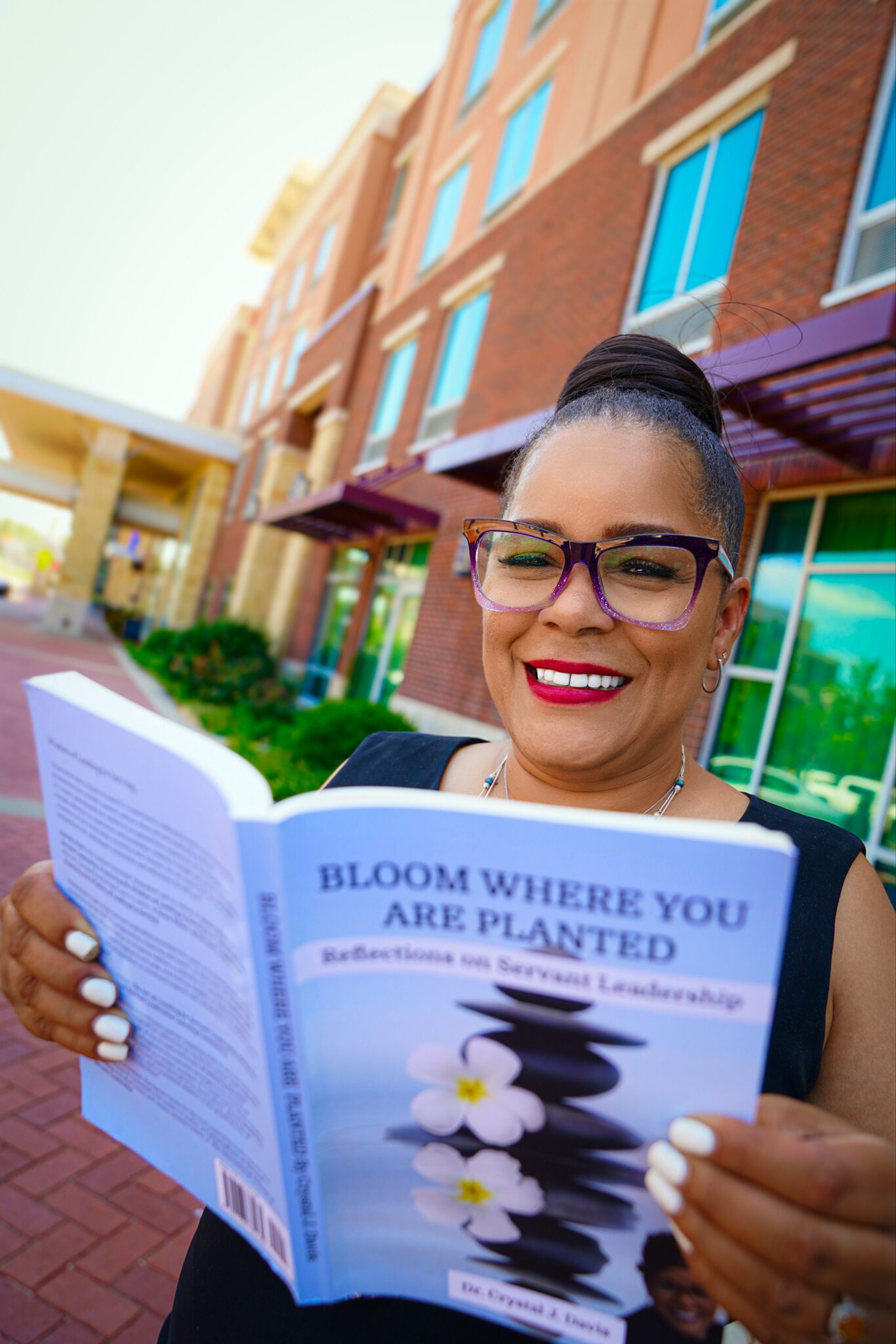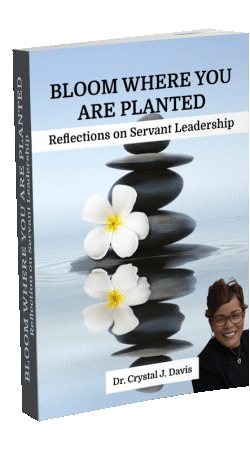
“As my comprehension of science has grown, it has gradually become evident to me that, insofar as understanding the physical world is concerned, there are many areas of traditional Buddhist thought where our explanations and theories are rudimentary when compared with those of modern science. But, at the same time, even in the most highly developed scientific countries, it is clear that human beings continue to experience suffering, especially at the emotional and psychological level.”
The Universe in a Single Atom by Dalai Lama XIV
Servant leaders understand that science has a place concerning compassion. The Dalai Lama agrees in the book, A Force for Good: The Dalai Lama’s Vision for Our World, chapter four, Partnering with Science, the Dalai Lama argues that compassion, seen through the lends of spirituality and science can speak to a broader number of people than any religious faith can. “If I offer methods from Buddhism,” says the Dalai Lama, “people will dismiss it as just religion.” But if science says their methods work, “then people have more openness.”
Over the years, the Dalai Lama has made acquaintances and even close friends with many scientists and psychologists and their work in compassion; Dr. Richard Davidson, (who founded the Center for Investigating Healthy Minds), British quantum physicist David Bohm, German physicist Carl Friedrich von Weizsäcker, philosopher Karl Popper, Paul Ekman, and a host of others.
What the Dalai Lama appreciates is that science is not based on differences in faith or nationality. He finds a genuine sense of internationalism among the great scientists of the world. If science helps us with findings and research that help us create greater well-being and lessen destructive emotions, then it helps us and the scientists.
A more provocative argument that the Dalai Lama makes is that today’s’ psychological science is at a mere “kindergarten” level when it comes to mapping the mind. He says that modern psychology needs to develop more knowledge and methods for dealing with destructive emotions.
He speaks about the ancient “Indian Psychology” that is found in the text of the Abhidharma, which explains the dynamics of the consciousness mind. A key dynamic of this text is that when one possesses a healthy, wholesome mind, the destructive emotions disappear.
The Dalai Lama believes that if we can meld ancient wisdom with contemporary scientific findings that we can create a larger map of the mind. He has even been instrumental in bringing science to the traditional Tibetan monastic education. Working with Emory University, Science textbooks are being translated for inclusion in the Tibetan education curriculum.
More than that, The Dalai Lama has always said that followers should not accept his teachings out of blind faith or devotion but rather through their own investigation and experiment, which is always more powerful that than mere imagination or belief. Similar to the Biblical verse in 2 Timothy 2:15 King James Version (KJV) which puts it this way, “Study to show thyself approved unto God, a workman that needeth not to be ashamed, rightly dividing the word of truth.” He says in this way, these methods are indeed scientific.
Another program supporting compassion research has gained support and success is the Compassion Cultivation Training or CCT from the Stanford University’s School of Medicine. An evaluation of the 8-week program by University researchers found that people who participate, their worries are lessened while happiness increased. Those suffering from acute social phobia had less anxiety and fears, and those who suffered from acute enduring chronic pain, their sensitivity to pain decreased after nine week and the sense of well-being improved – and their spouses reported them being less angry.
The scientific findings that the Dali Lama has found with compassion drives him to use the evidence in his message of compassion. “If I say be compassionate,” says the Dalai Lama, “then people will say, Of course, he says that- he’s the Dalai Lama, he Buddhist. But if I can show scientific evidence of the benefits, then it’s more convincing. People will pay attention.”
So, we see that compassion is not just a religious thing, but a scientific thing as well. But putting compassion into action. Well, that another thing.
Next week: A Muscular Compassion
To the Science of Compassion,
Dr. Crystal








